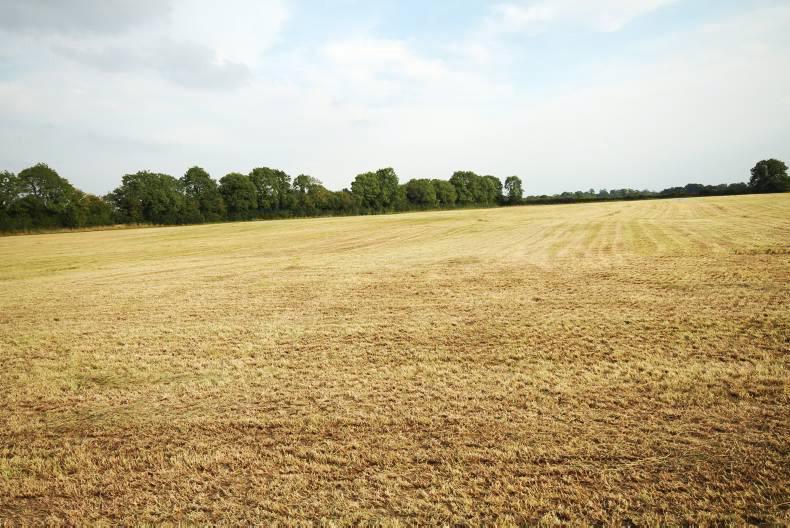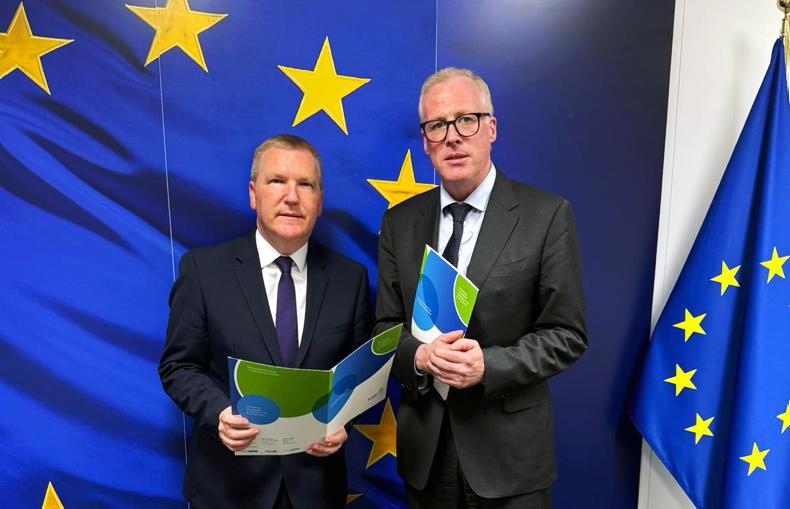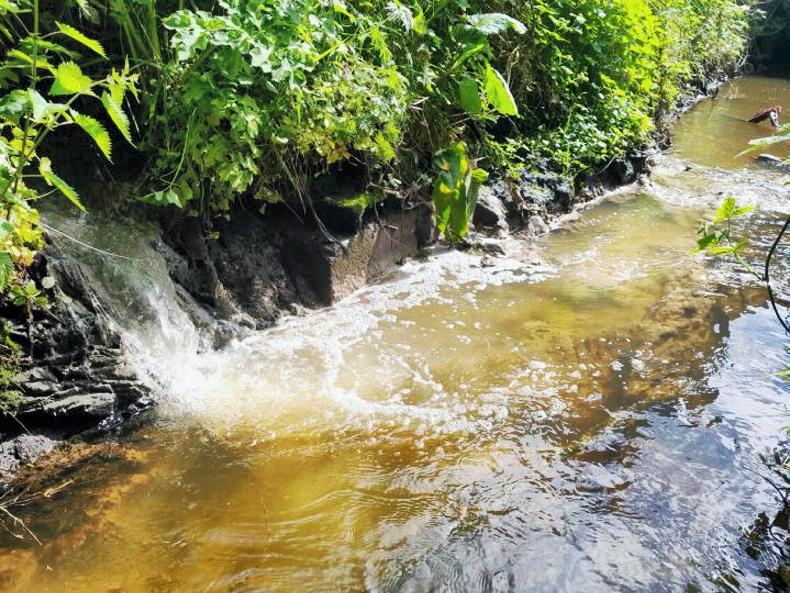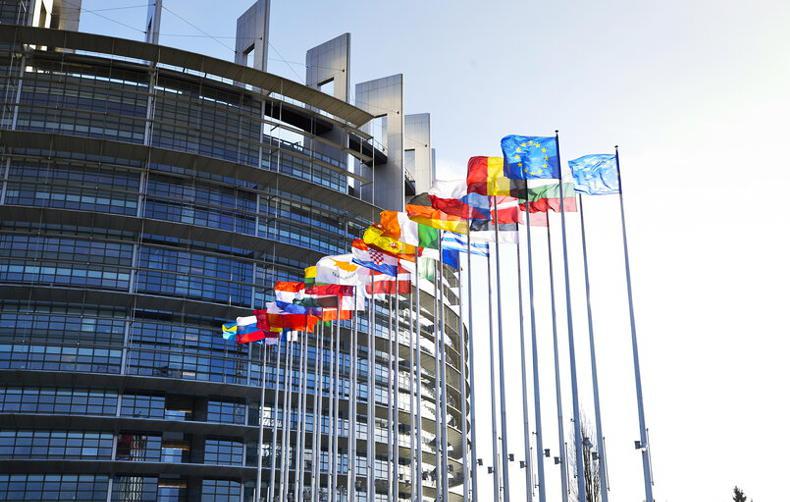The preliminary results of the pilot project “Exchange Programme for Young Farmers”, proposed by the European Parliament and supported by the European Commission, were presented at the Knowledge for Young Farmers conference in Brussels on Thursday.
Some 2,205 young farmers, none over the age of 40, were interviewed over the phone last year to assess the needs of young farmers, provide an overview of existing exchange schemes for young farmers inside and outside Europe and launch a guide for successful exchange schemes. The number of young farmers interviewed works out at an average of 75 per member state (MS).
The preliminary results, which have yet to be approved by DG Agri, show that the biggest general need for young farmers in the 28 MS is access to buying and renting land. This was followed by access to subsidies, credit and qualified labour.
Europe’s middle countries, such as Luxembourg and Germany, were shown to have the greatest percentage of EU farmers who have difficulty accessing land due to population density and a higher farmer population. The percentage of Irish young farmers citing this need was between 62.5% and 75%.
The statistics for Ireland are not surprising given that at the Teagasc Land Use Change Workshop and Farm Succession and Inheritance Conference in May, it was commented on that the volume of land for sale in Ireland is marginal, with less than 0.5% of the total land area in the country switching hands each year. The speaker, Jerry Long, chair of the ICOS Dairy Committee, said the low level of land mobility in Ireland is one of the main structural challenges facing the dairy sector and is a significant obstacle to dairy expansion in the years ahead.
Further results
In terms of knowledge needs, the majority of the 2,205 farmers interviewed were interested in developing technological knowledge necessary for the farm. The second highest knowledge need was learning how they can develop a farm strategy. The third highest need was skills related to applying for a grant or subsidies.
Some young farmers also expressed an interest in developing entrepreneurial skills, such as marketing and communication, but this need was not as common across all MS as was the need for technological knowledge.
The authors of the report highlighted that developing entrepreneurial skills is important, as young farmers face many challenges, and said this gap in awareness needs to be addressed by EU policymakers.
As for knowledge sources, reading and looking for information on the internet was the most used source of knowledge for many young farmers, followed by field days and excursions. Interestingly, although farmers prefer the internet for sourcing farming knowledge, online discussions and e-learning were not popular in the bar ratings.
Tying into the popularity of field day and excursions, the results found that other farmers are the most important source of information for young farmers, followed by farm associations. This preference for communicating with other farmers was common across all MS.
Number of young farmers in Europe
Only 14% of farmers in the EU are aged under 40, a statistic which has encouraged the European Commission, as requested by the European Parliament, to support this study.
Speaking at the launch of the study, Mairead McGuinness, MEP, said that while the perception of farming among young farmers is generally good, the upcoming generation faces many challenges including access to loans at reasonable rates, unfairness in the supply chain, difficulties with broadband and regaining the environmental discussion. McGuinness said that more than any other sector, farmers need to have knowledge about environmental effects.
"You need to regain the environmental discussion and engage with policymakers on this issue," she said. "Farmers are the backbone of society. You produce something we consume every day and our duty as policymakers is to ensure you can deal with the challenges that lie ahead."
The conference continued on Friday.









SHARING OPTIONS